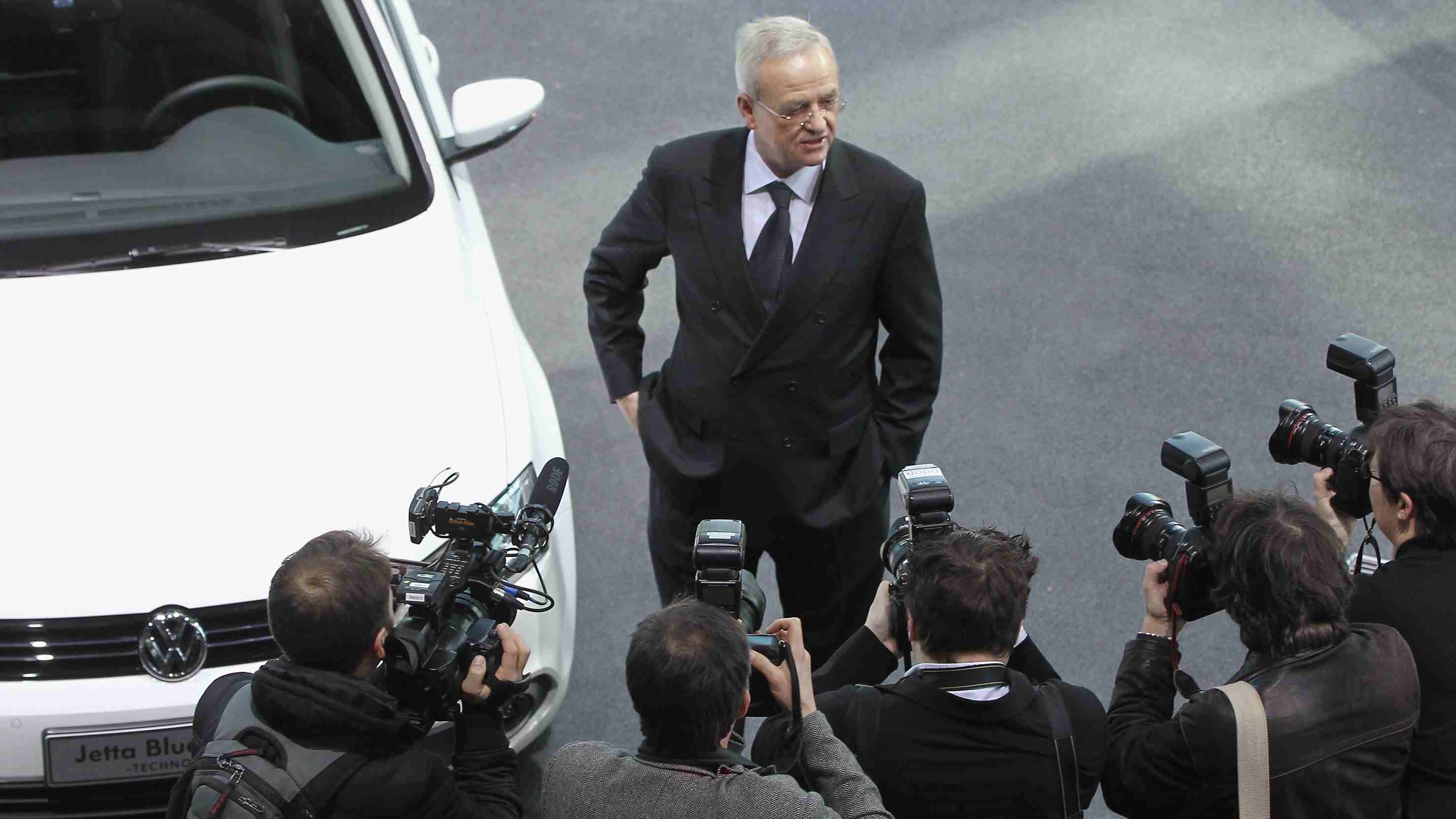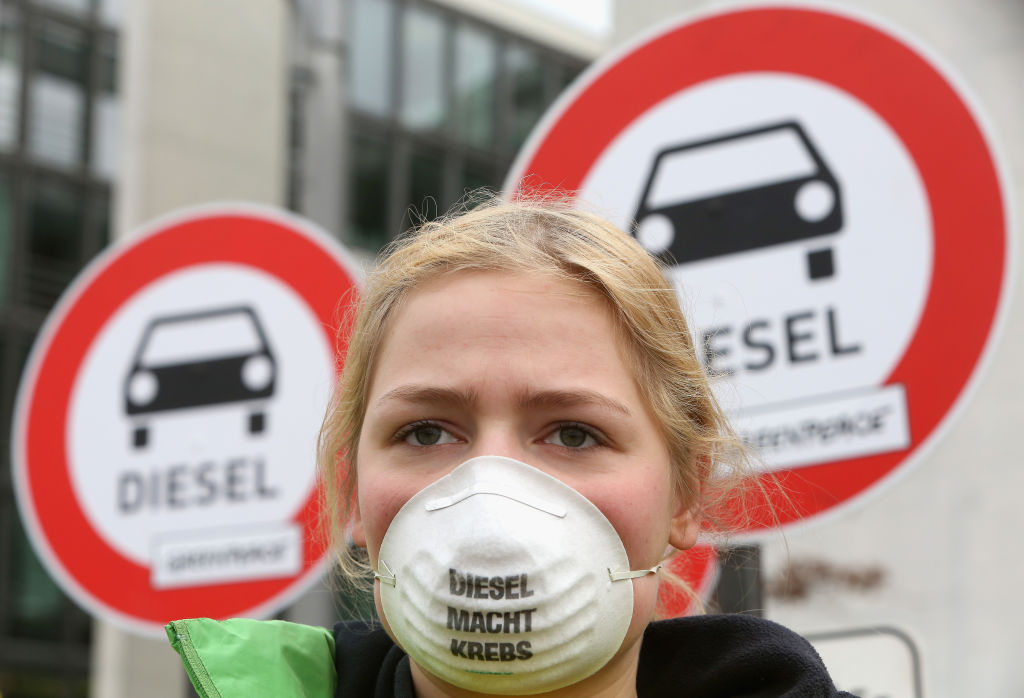
Company
12:13, 16-Apr-2019
Former Volkswagen boss charged with fraud over diesel scandal
CGTN

German prosecutors said Monday they had charged former Volkswagen chief
executive Martin Winterkorn and four other managers over "dieselgate", bringing
the cheating scandal back into the headlines just as VW battles to move on from
the affair.
Prosecutors in Brunswick, near VW's Wolfsburg HQ in northern
Germany, said they had charged Winterkorn and four other managers.
Among the
accusations against the former chief executive were "a particularly serious case
of fraud", "infraction of the law against unfair competition" and "breach of
trust".
Winterkorn was CEO during a period when VW fitted 11 million
diesel-powered vehicles worldwide with so-called "defeat devices" – software
that made them appear less polluting in the lab than in real driving conditions.
Such allegations have hit other German manufacturers since, with Mercedes-Benz
maker Daimler confirming Sunday it was facing a regulatory probe, reportedly
over 60,000 vehicles.
At the helm from 2007 to 2015, Winterkorn, a trained
engineer, had a reputation as a detail-obsessed executive who was familiar with
"every screw" of each VW model.
The group admitted to the fraud in September
2015, beginning a drawn-out process of fact-finding and legal action that has so
far seen it pay out 29 billion euros (33 billion U.S. dollars) in fines, compensation and
buyback schemes, much of it in the United States.
But in his role as "guarantor"
to authorities and customers that the group was not selling cheating vehicles,
Winterkorn "failed to reveal" the fraud immediately after he learned of it as
early as May 2014, or to prevent the sale of infringing vehicles, prosecutors
said.
It was not immediately clear whether the
other four accused on Monday – whom prosecutors did not identify by name or
position – still work at VW or have since left.

A demonstrator wears a respiratory mask reading "Diesel Causes Cancer" in German outside a hearing on the Volkswagen emissions scandal in Berlin, Germany, March 2017. /Getty Images
A demonstrator wears a respiratory mask reading "Diesel Causes Cancer" in German outside a hearing on the Volkswagen emissions scandal in Berlin, Germany, March 2017. /Getty Images
Meanwhile the Braunschweig
prosecutors recalled that "investigations of 36 other suspects are continuing".
Volkswagen stressed in a statement that German criminal investigations into the
company itself had closed last year, when VW paid a fine of one billion euros
and its high-end subsidiary Audi another 800 million euros.
The firm "will not
comment" on the new charges, it added.
Aftershocks from the diesel scandal have
been serious enough to change the auto industry titan's course, with bosses now
making a massive bet on electrification over the next decade.
The car industry as a whole has come under pressure in Germany and Europe to
reduce emissions harmful to human health as well as those contributing to
climate change.
VW plans 70 electric models by 2028, and hopes to sell 22
million electric vehicles over the same period.
"Volkswagen will change
radically... make no mistake, the supertanker is picking up speed," Herbert
Diess – the group's second CEO since Winterkorn – said in March.
While the
firm has returned to similar levels of profitability as before dieselgate, its
new technology is proving costly to develop – making for a double burden
alongside the fallout from the scandal.
Source(s): AFP

SITEMAP
Copyright © 2018 CGTN. Beijing ICP prepared NO.16065310-3
Copyright © 2018 CGTN. Beijing ICP prepared NO.16065310-3